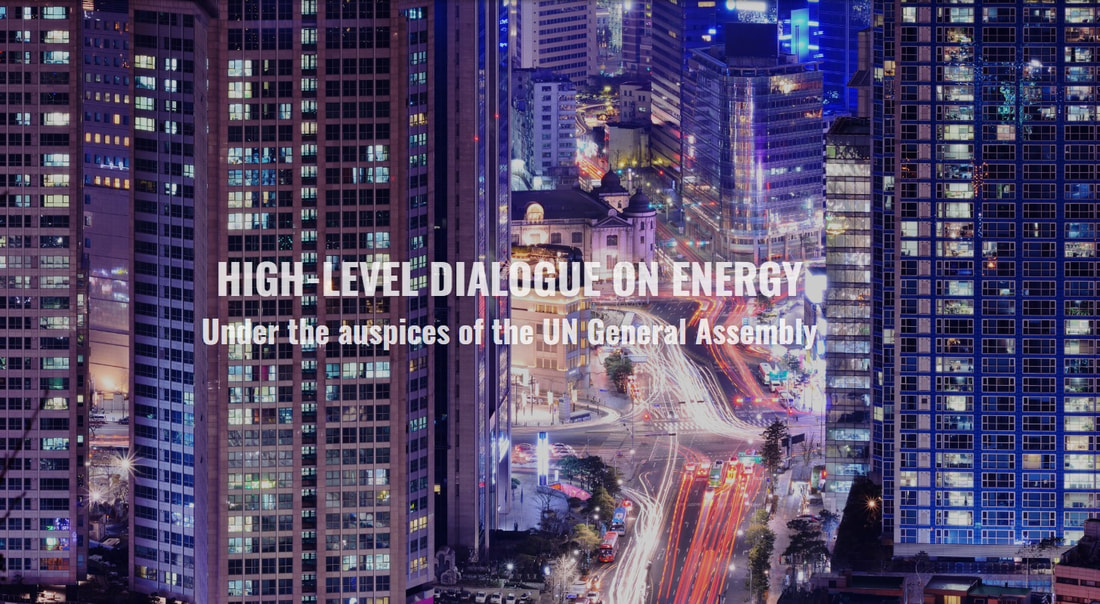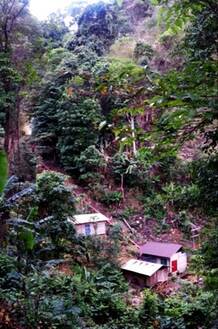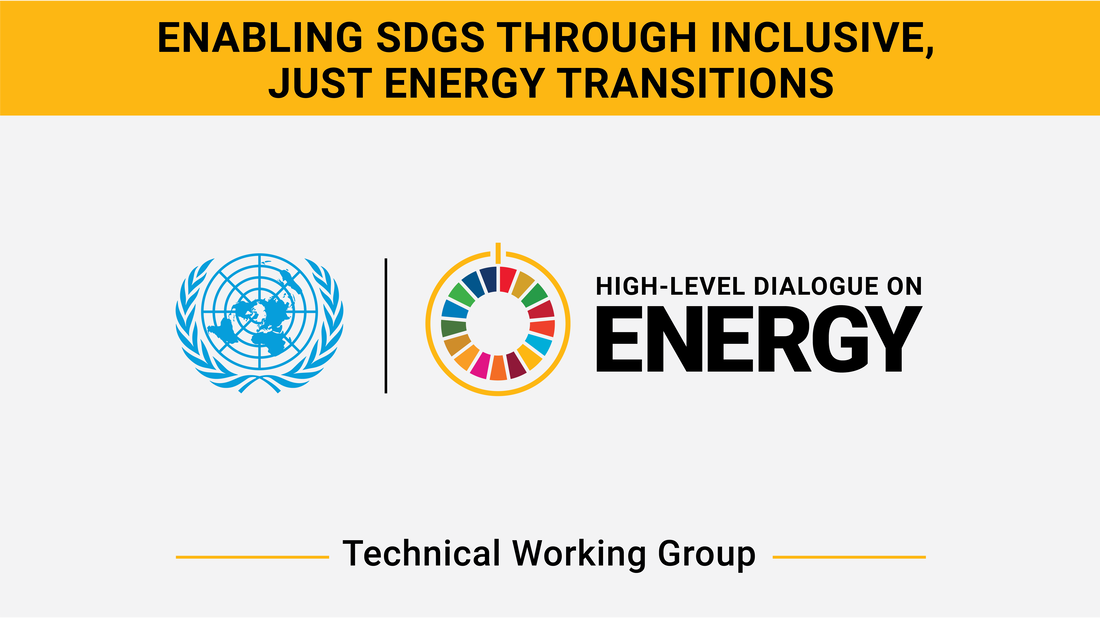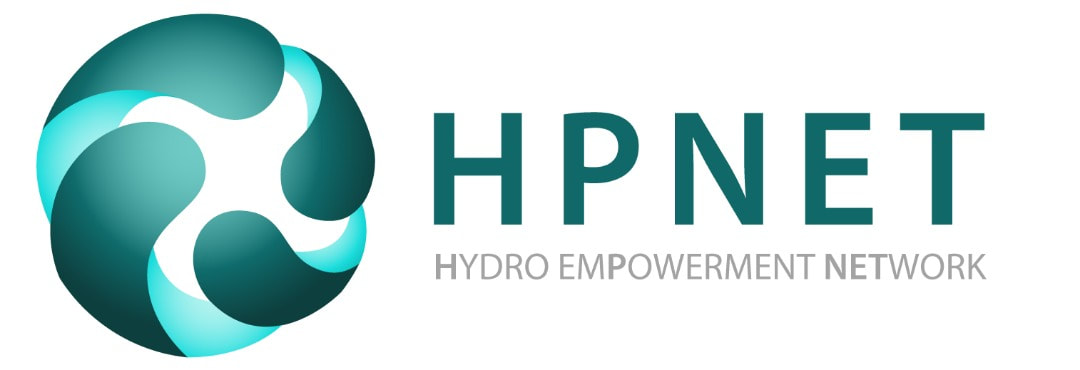- Rural communities often bear the brunt of the climate crisis but have the smallest carbon footprint. In fact, many indigenous communities have practices that sustain forests, mitigating emissions. It is vital to enable both sustainable development and multi-benefit climate adaptation mechanisms, i.e. watershed strengthening for climate resilient access to electricity, potable water, sanitation, and irrigation. The best way to do that is to bring the voices of communities to policy-making and funding decisions.
- Women-centric approaches to hydro mini-grids lead to optimal sustainability and socio-economic benefits from the project. Critical to the implementation of women-centric approaches are women energy practitioners, who are a few in number, often not acknowledged for their immense contributions, and not typically in leadership positions.
- Donors and governments often inaccurately see mini-grids as being synonymous to solar-battery mini-grids, and discount the energy access progress made in the last forty years by community hydro and biomass solutions, which to date continue electrifying last mile communities. Although lower cost and more apt for mechanized productive end use, these technologies and the local experts who have advanced them are often sidelined in mainstream funding and policy mechanisms.
| Leveraging four decades of hindsight from the Asia-Pacific, Africa, and Latin America, our initiative Social Enterprise for Energy, Ecological and Economic Development (SEEED) provides capacity building for practitioners and community to achieve long-term technical, environmental, institutional, and financial sustainability of their hydro mini-grids. The SEEED approach results in the triple benefits of energy access, climate resilient watersheds, and socio-economic recovery. Using results from SEEED’s evidence-based analyses and peer-to-peer exchanges, done in collaboration with local practitioners, we look forward to contributing to the UN Energy High-Level Dialogue. Below are further details collated from content provided by UN Energy. |
This group will focus on maximizing the positive impacts of inclusive and just energy transitions on the achievement of the SDGS, including gender equality, job creation, youth empowerment, agriculture and food systems, health, education, water, and sustainable production and consumption, through coordinated multi-sectoral interventions. The focus is to move away from ideas of ‘separation and competition’ to one of ‘interdependence and collective action.’
WATCH: Virtual Launch of the UN High-level Dialogue on Energy 2021



